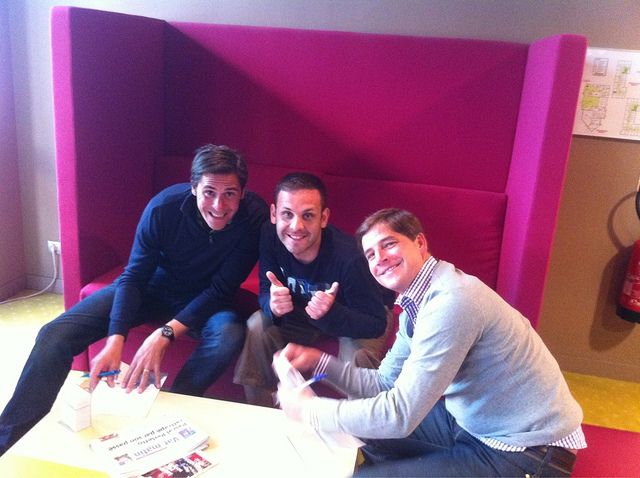This year I’ve worked with more startups than ever before, helping them find great domains for their businesses. So far I’ve worked with about a dozen different startups and I’ve started to notice some trends I wanted to share both with startup founders and domain investors. I hope this will help startups better understand how to think about domain names, and help domain investors reading this better understand where startups are coming from.
First let me talk to the startup founders reading this. When you come up with a brand name, or are brainstorming brand names, check to see if the dot com is available, and if taken, try to acquire it. About 25% of the startups I’ve been working with this year have been building their brand under a particular name with the assumption that they can scoop up the dot com for a few thousand dollars. They seem blown-away when they find-out that the owner wants $50,000 or $500,000 for the name when it may very well be a five or six-figure name they decided to brand with.
The crazy thing is that these startups have used this brand name in press releases, in thousands of conversations, in physical print, just about everywhere. In some cases a high price tag for the domain means they have to re-brand under a different name which is a huge undertaking. In other cases they opt for the .net or .org and end-up losing a lot of people to the dot com. My #1 piece of advice for startup founders is to come up with a few different names for your brand and focus on acquiring the domain first.
The next tip I have for startup founders is to decide whether they want to go with a made up word, or a generic. This decision has a lot to do with budget as well as branding. In general you need to have at least a basic five-figure budget to get a good domain for your startup. While some startups get lucky and can acquire their names for under $10K this is not the norm and definitely shouldn’t be your expectation. If you’re going for a made up word you have a better chance of getting a low price and in some cases you could even hand-register it but many of the best brandables are already taken. If you’re going for a generic you can assume this is taken and assume a six-figure price tag if you’re looking at a good one-word .COM.
This leads to my next point. I’ve heard many startup founders say they didn’t choose this domain or that domain because it was taken. There’s a difference between taken and used and it’s important to separate names into these two categories. If the domain is used by a company as their main website, this usually means it’s also being used for their companies email addresses, etc. If a domain is being actively used by a company it may be a challenge to buy it, and in many cases it’s just not possible. Now if a domain is simply registered and parked then it may be for sale.
There seems to be a general idea in the startup space that if a domain is already registered they can’t have it and must try to hand-register their fifth or sixth choice. If you want a great brand name, there’s a good chance the name is taken, if it’s not being used, then there’s a good chance you can buy it, however it all comes down to pricing. Have a maximum price in your head and use this as a guide as you’re making offers on domains, but don’t skip great brand names just because someone already owns the domain, you could miss out on the brand you’ve been looking for.
I think that every startup founder should look at the awesome tutorial that Frank Schilling put together on his site. It is absolutely critical to understand the entire concept behind buying a brand vs. building one. Many a startup has saved millions of dollars or more by spending only a few hundred thousand dollars on a domain. The way I look at it is the same as if you’re starting a physical business. You will pay more to have your store located on a busy street in New York City, but that also means more customers. Move your business out to the country and you’ll pay a lot less in rent but you’ll have to spend a lot more money getting people to walk through the door.
There’s a lot more I could put in this article but I thought this was a great start! As always I’d love to hear from you, comment and let your voice be heard!




